Description
What is Robitussin Dry Cough Medicine?
Robitussin Dry Cough provides relief from persistent dry irritant coughs and contains dextromethorphan (7.5mg per 5ml) – which acts on the cough centre in the brain by blocking the cough reflex to decrease the frequency of cough.
- Suppresses dry coughs
- Soothing effect
- Sugar free
What causes a cough?
A dry cough tends to be tickly and can be irritating. Unlike a chesty cough, it doesn’t produce any thick mucus. Experiencing a short-term cough is common and can be caused by a variety of factors including:
- An upper respiratory tract infection that affects the throat, windpipe or sinuses, such as cold, flu, laryngitis, sinusitis or whooping cough
- A lower respiratory tract infection that affect your lungs or lower airways, such as bronchitis or pneumonia
- An allergy, such as allergic rhinitis or hay fever
- A flare-up of a long-term condition such as asthma, COPD or chronic bronchitis
- Inhalation of dust or smoke
Most short-term coughs will clear up within 3 weeks. If your cough does not improve after a couple of weeks, seek advice from your doctor, as it may be a sign of an illness or condition.
How can Robitussin treat a dry cough?
The active ingredient in Robitussin Dry Cough medicine is dextromethorphan, which belongs to a group of medicines called cough suppressants. It works by providing effective relief from persistent dry, irritating coughs. The formula is non-drowsy, so can be administered during the day. The liquid format is easy to administer.
Uses / Instructions
Adults, the elderly and children over 12 years: Take 10 ml up to four times daily, as required.
Children under 12 years: Do not use. Use the dosing cup provided with the pack. Do not exceed the stated dose.
Warnings
Patients suffering from chronic cough as occurs with smoking, asthma or patients suffering from an acute asthma attack, or where cough is accompanied by excessive secretions should be advised to consult a Healthcare Professional before use.
Causes of chronic cough should be excluded if symptoms are persistent. Any accompanying symptoms should be actively sought and appropriately investigated/ treated. Stop use and ask your healthcare professional if your cough lasts more than 7 days, comes back or is accompanied by a fever, rash or persistent headache. These could be signs of serious conditions.
Drug dependence, tolerance and potential for abuse
For all patients, prolonged use of this product may lead to drug dependence (addiction), even at therapeutic doses. The risks are increased in individuals with current or past history of substance misuse disorder (including alcohol misuse) or mental health disorder (e.g., major depression). Caution is particularly recommended for adolescents and young adults as well as in patients with a history of drug abuse or psychoactive substances.
Drug withdrawal syndrome
The drug withdrawal syndrome is characterised by some or all of the following: restlessness, lacrimation, rhinorrhoea, yawning, perspiration, chills, myalgia, mydriasis and palpitations. Other symptoms may also develop including irritability, agitation, anxiety, hyperkinesia, tremor, weakness, insomnia, anorexia, abdominal cramps, nausea, vomiting, diarrhoea, increased blood pressure, increased respiratory rate or heart rate.
Dextromethorphan is metabolised by hepatic cytochrome P450 2D6. The activity of this enzyme is genetically determined. About 10% of the general population are poor metabolisers of CYP2D6. Poor metabolisers and patients with concomitant use of CYP2D6 inhibitors may experience exaggerated and/or prolonged effects of dextromethorphan. Caution should therefore be exercised in patients who are slow metabolizers of CYP2D6 or use CYP2D6 inhibitors (see also section 4.5).
Keep out of the sight and reach of children.
Do not exceed recommended dose.
Excipient warnings:
– Patients with rare hereditary problems of fructose intolerance should not take this medicine because this product contains Sorbitol and Maltitol.
– This product contains Amaranth (E123), which may cause allergic reactions.
– This medicine contains 219.3 mg of alcohol (ethanol) in each 10 ml dose which is equivalent to 22 mg/ml (2.08% w/v). The amount in 10 ml of this medicine is equivalent to less than 6 ml beer or 3ml wine. Harmful for those suffering from alcoholism. To be taken into account in pregnant or breast-feeding women and high-risk groups such as patients with liver disease, or epilepsy.
– This medicine contains 12.0 mg sodium benzoate in each 10 ml dose which is equivalent to 1.2 mg/ml.
– This medicine contains 2094 mg sorbitol per 10 ml dose which is equivalent to 209.4 mg/ml. Sorbitol may cause gastrointestinal discomfort and mild laxative effect.
– This medicine contains less than 1 mmol sodium (23 mg) per 10 ml.
Serotonin Syndrome
Serotonergic effects, including the development of a potentially life-threatening serotonin syndrome, have been reported for dextromethorphan with concomitant administration of serotonergic agents, such as selective serotonin re-uptake inhibitors (SSRIs), drugs which impair metabolism of serotonin (including monoamine oxidase inhibitors (MAOIs)) and CYP2D6 inhibitors.
Serotonin syndrome may include mental-status changes, autonomic instability, neuromuscular abnormalities, and/or gastrointestinal symptoms. If serotonin syndrome is suspected, treatment with Robitussin Dry Cough should be discontinued.
Side Effects
Like all medicines, Robitussin Dry Cough Medicine can cause side effects, although not everybody gets them. Side effects with dextromethorphan hydrobromide are rare. However, susceptible individuals may experience unwanted side effects.
If any of the side effects gets serious or you experience any other side effects, STOP taking this medicine immediately and consult your doctor:
- Allergic reactions. Symptoms could include itchy skin or rashes, difficulty breathing, faster heart rate, swelling of the face or the throat.
- Stomach upset.
- Dizziness, drowsiness, mental confusion.
- Unknown frequency: dependence and addiction (see section “How do I know if I am addicted?”).
Drug Withdrawal
When you stop taking Robitussin Dry Cough Medicine, you may experience drug withdrawal symptoms, which include restlessness, difficulty sleeping, irritability, agitation, anxiety, feeling your heartbeat (palpitations), increased blood pressure, feeling or being sick, diarrhoea, shaking,
shivering or sweating.
How do I know if I am addicted?
If you notice any of the following signs whilst taking Robitussin Dry Cough Medicine, it could be a sign that you have become addicted.
Ingredients
What Robitussin Dry Cough Medicine contains:
Each 5 ml contains 7.5 mg of the active substance dextromethorphan hydrobromide.
Robitussin Dry Cough Medicine also contains: Glycerol, sodium carboxymethyl cellulose, sodium benzoate, disodium edetate, maltitol (E965), ethanol, citric acid anhydrous, amaranth (E123), caramel (E150), levomenthol, cherry/grenadine flavour, sorbitol solution 70%, sodium cyclamate, acesulfame potassium salt, purified water. Robitussin Dry Cough Medicine is a liquid, supplied in a 100 ml bottle or 250 ml bottle.

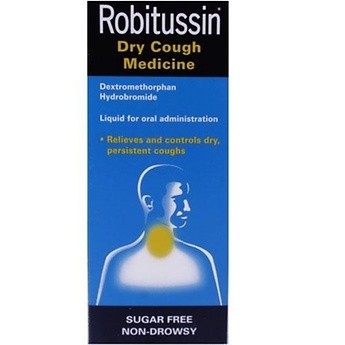

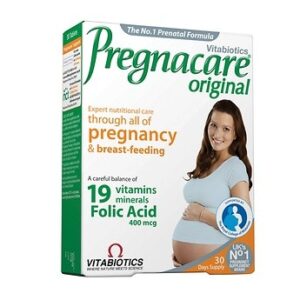
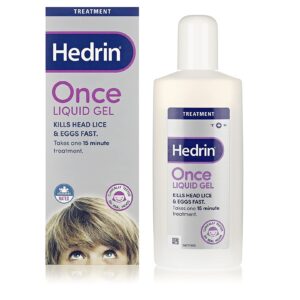
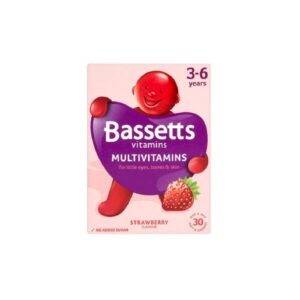
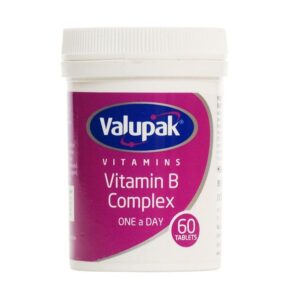
Reviews
There are no reviews yet.